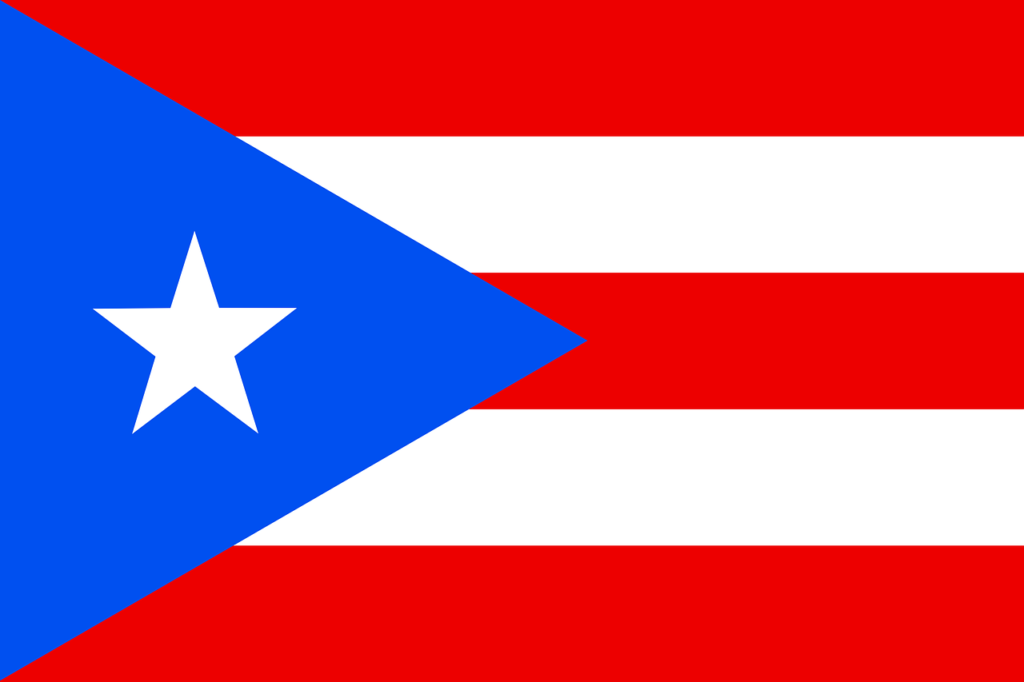The Personal Jurisdiction Case With Everything
In one of my favorite moves, The Princess Bride, the grandfather describes the story as having everything: “Fencing! Fighting! Revenge! Giants! Chases! Escapes! True love! Miracles!” This scene popped into my head when I was reading a recent decision by the Court of Appeals of Texas (Fourteenth District). That opinion, Certain Underwriters at Lloyd’s London…
Continue ReadingThe Many Uses of the Forum Selection Clause
The forum selection clause is the Swiss Army Knife of transnational litigation. Among other things, it may be invoked to: obtain personal jurisdiction over a defendant who otherwise lacks any connection to the chosen jurisdiction; dismiss a case filed in a jurisdiction other than the one named in the clause; defeat an attempt to enforce…
Continue ReadingForum Selection Clauses in California
In 2024, more than 1.2 million civil lawsuits were filed in California. While most of these suits were between U.S. residents, some of them grew out of international contracts. Some of these international contracts, in turn, contained forum selection clauses choosing the courts of a foreign country. In this post, I take a close look…
Continue ReadingIs It Too Dangerous To Litigate In Israel?
Many international contracts contain forum selection clauses stating that litigation must occur in the courts of a particular country. While these clauses provide a welcome measure of certainty as to where future disputes will be resolved, they are sometimes viewed as inconvenient by plaintiffs who would prefer to sue in the United States. In an…
Continue ReadingDangerous Foreign Courts
U.S. courts have long recognized that certain civil cases should not be litigated in the United States. Even when a U.S. court has jurisdiction, a case may still be dismissed for forum non conveniens if the court concludes that the case would be more appropriately heard in the courts of another country. This inquiry typically…
Continue ReadingAll I Want for Christmas (Forum Selection Clause Edition)
As the holidays approach, TLB editors have prepared lists of things that they wish courts in the United States would do differently on the subject of transnational litigation. In this post, I revisit one of my favorite subjects—forum selection clauses—to identify some reforms that would make my Christmas exceptionally merry. 1. Stop Asserting Personal Jurisdiction…
Continue ReadingBrazil’s New Law on Forum Selection Clauses: Throwing the Baby out with the Bathwater?
Brazil has changed its law on international forum selection clauses. In June this year, a new statutory provision came into force, adding, unexpectedly, new requirements for their enforceability. In this attempt to redistribute domestic litigation, the Brazilian legislator may well have thrown out the baby, international forum selection clauses, with the bathwater. The Recognition of…
Continue ReadingSisyphus and Forum Selection Clauses
In Greek mythology, Sisyphus was fated to push a boulder up an endless hill for all eternity. No matter how long he pushed, he and the boulder would never reach the top. I sometimes feel this way when I write about forum selection clauses. I research and blog about these provisions (a lot). I make…
Continue ReadingX Has a New Forum Selection Clause
The company formerly known as Twitter (“X”) has announced that it will adopt new Terms of Service (“TOS”) effective November 15, 2024. Among other things, the new TOS includes a new forum selection clause. The clause in the old TOS required lawsuits against X to be brought in California. The clause in the new TOS…
Continue ReadingPuerto Rico, Law 75, and Forum Selection Clauses
Many years ago, Puerto Rico’s legislature approved the Dealer’s Contract Act—known as Law 75—to protect local distributors. Law 75 provides that a principal dealing with a distributor in Puerto Rico may terminate a distribution agreement only for “just cause.” In an attempt to evade this law, out-of-state principals frequently write choice-of-law clauses and forum selection…
Continue Reading







